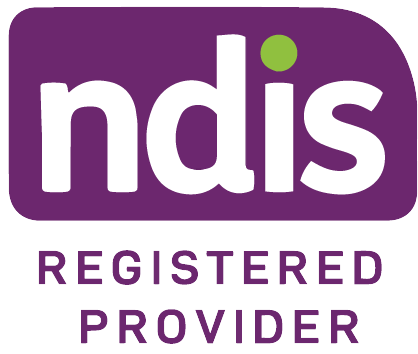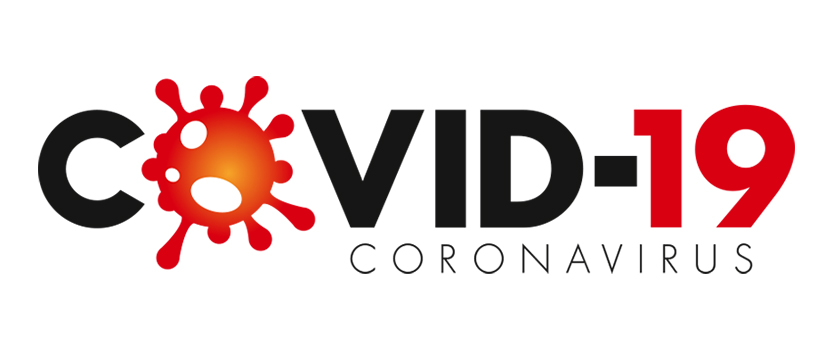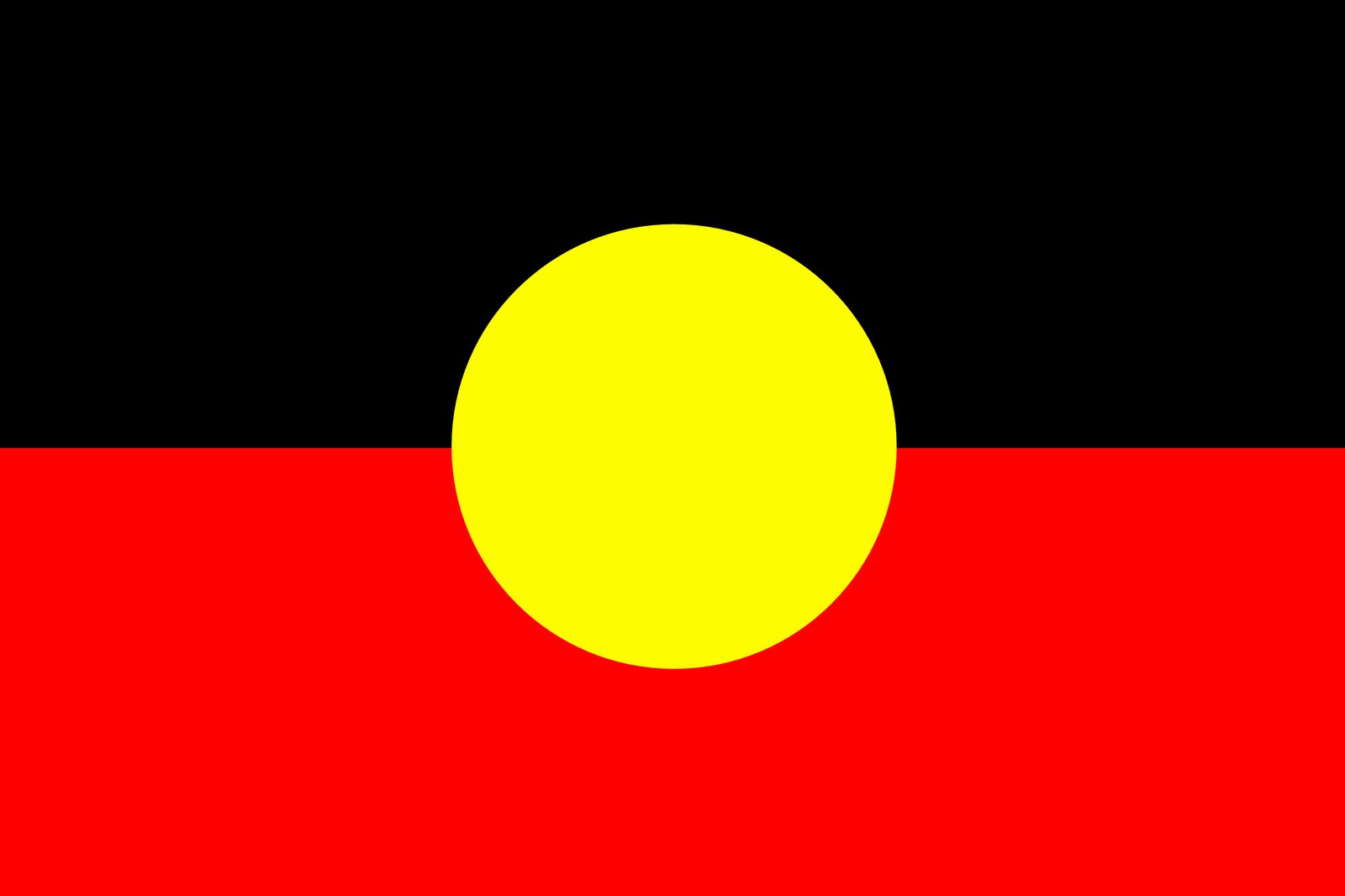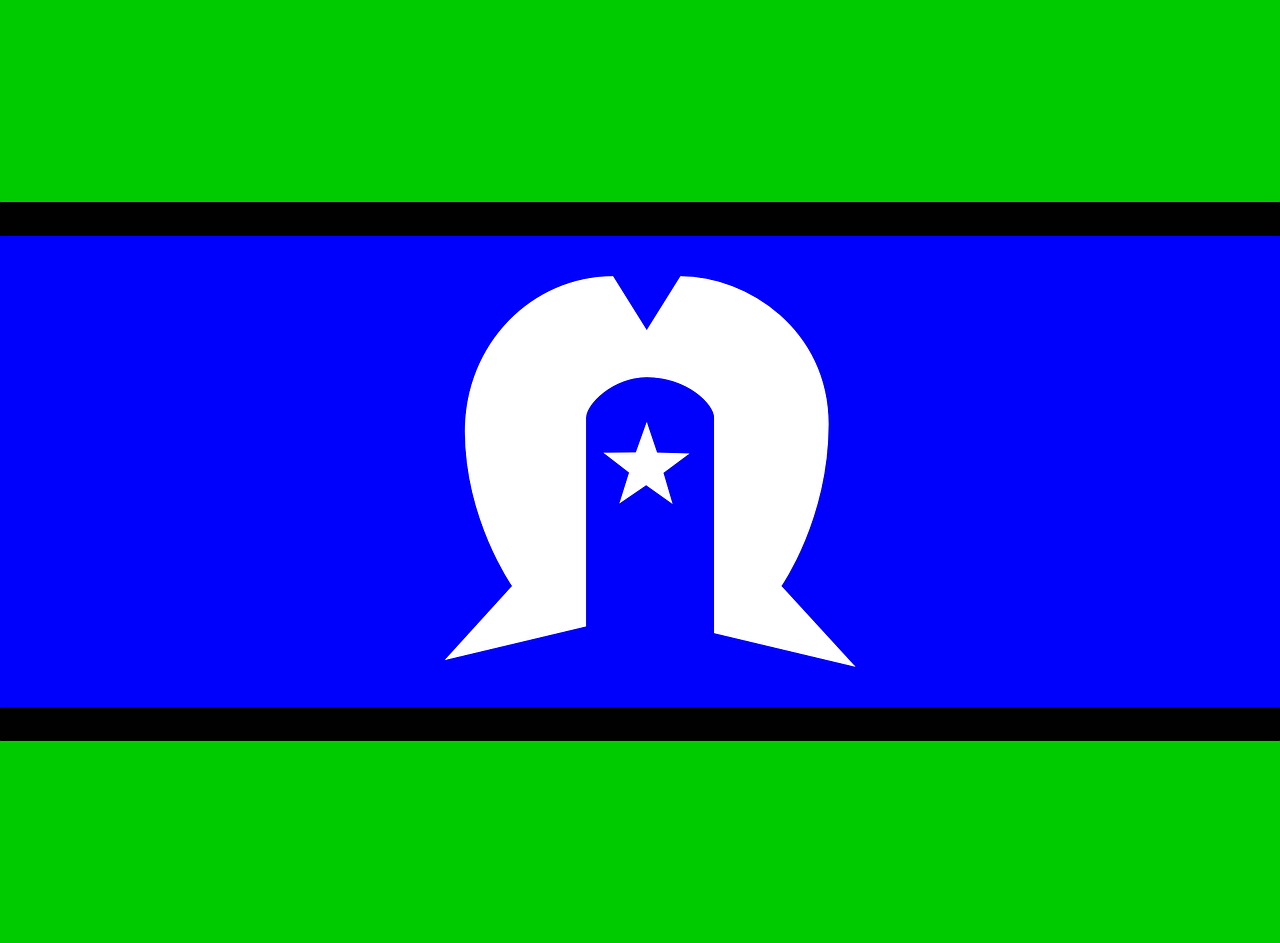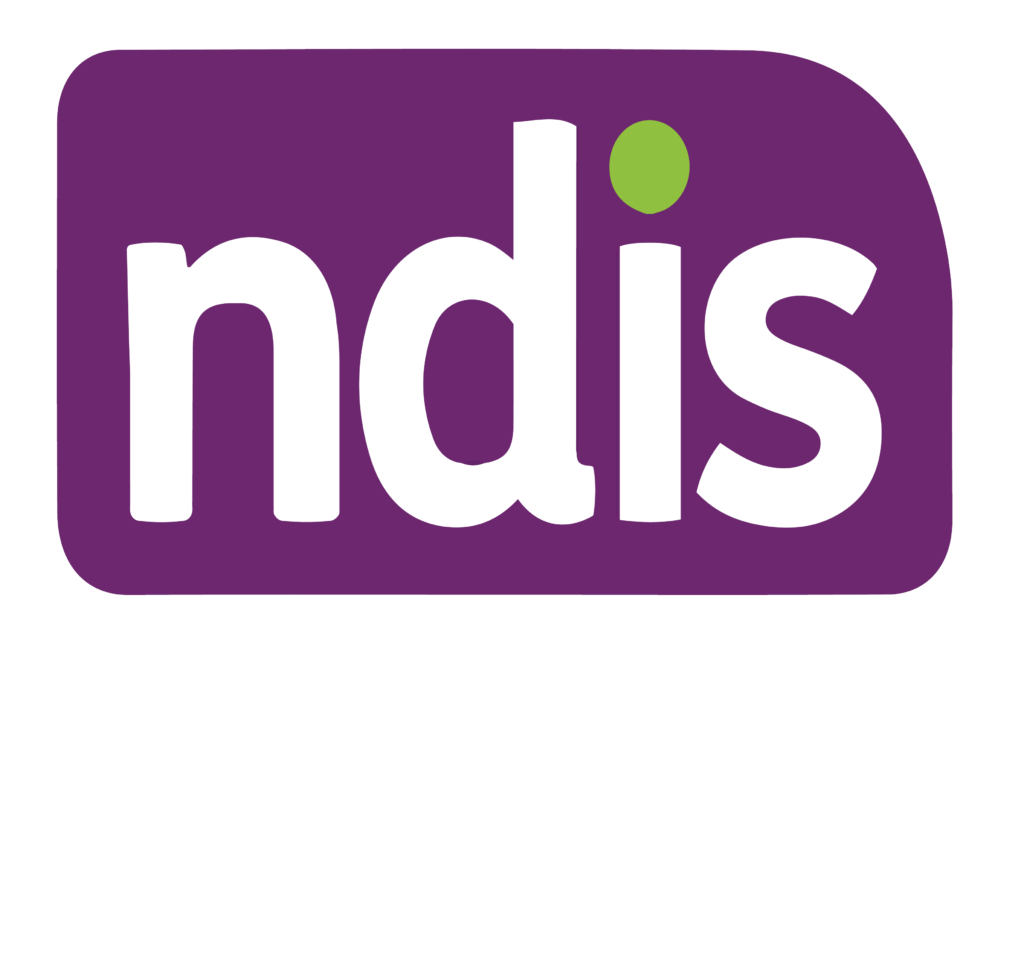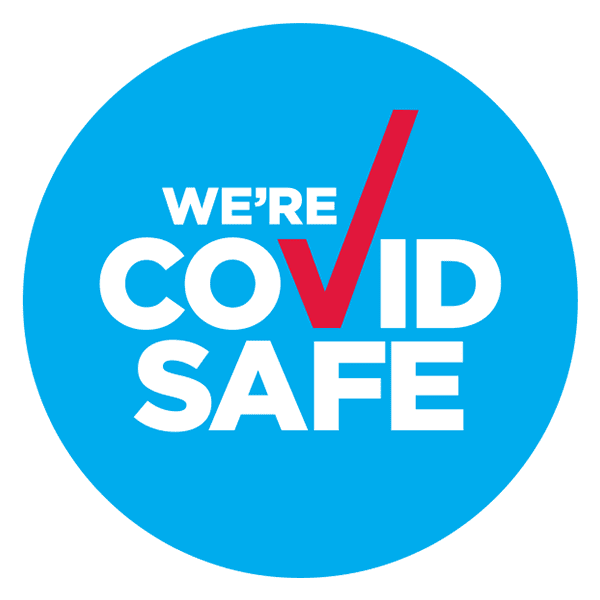The NDIS provides ongoing funding for all ‘reasonable and necessary’ disability equipment, care and support services. Generally, the supports and services provided to you assist you to achieve your goals and live as independently as possible. Services also include community participation and assistance with gainful employment.
NDIS has got different types of plans – core supports, capacity building, and capital supports.
Under these plans, NDIS will provide support to you.
NDIS can fund your personal care plans, nursing support, travel assistance services, accommodation, respite and more services.
Core Supports Budget
Core Supports help you with everyday activities, your current disability-related needs and to work towards your goals. Your Core Supports budget is the most flexible, and in most cases, you can use your funding across any of the following four support categories. However, there are instances where you do not have flexibility in your funding, particularly for transport funding
Capacity Building Supports Budget
Capacity Building Supports help build your independence and skills to help you pursue your goals. Unlike your Core Supports budget, your Capacity Building Supports budget cannot be moved from one support category to another. Funding can only be used to purchase approved individual supports that fall within that Capacity Building category
Capital Supports Budget
Capital Supports include higher-cost pieces of assistive technology, equipment and home or vehicle modifications, and funding for one-off purchases you may need (including Specialist Disability Accommodation). It is important to remember that funds within the Capital Supports budget can only be used for their specific purpose and cannot be used to pay for anything else. The Capital Supports budget has two support categories: Assistive Technology and Home Modifications.

